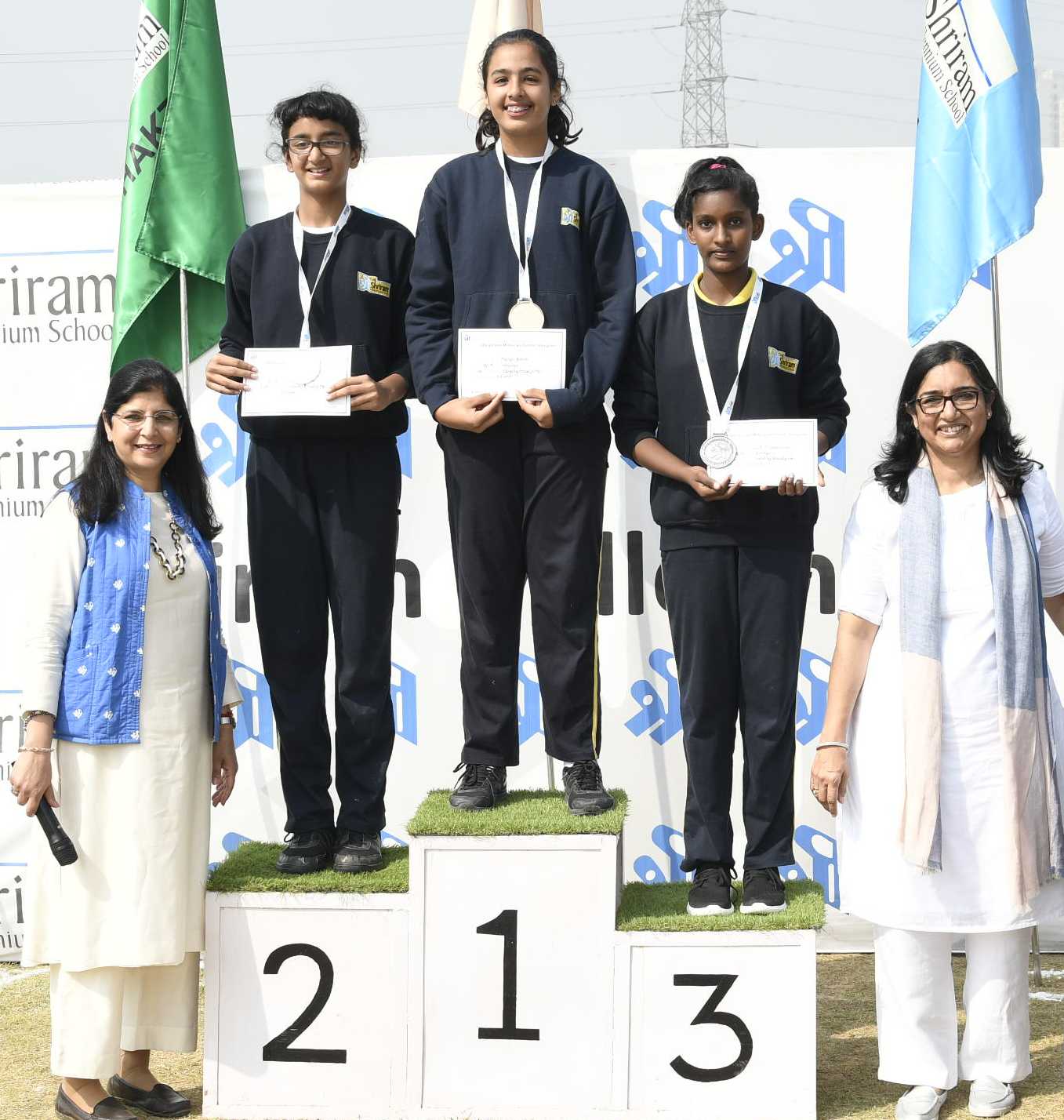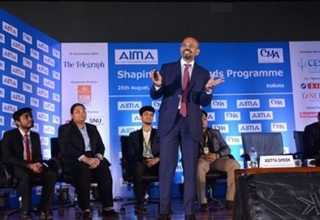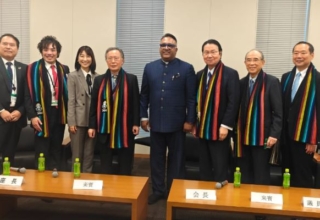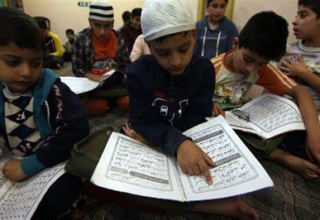

The cancellation of the examination for the remaining subject papers by the two largest national boards—CBSE and ISCE—is a rare instance where the voice of children has in a sense triumphed. Though it was only after the matter reached the Supreme Court, still the message that went across is that children as a community does matter and student activism has entered school age group.
It was natural for the assessment system to find every way possible to hold the remaining exams to maintain the sanctity of examination system even in the gravest risk environment but at end it was categorical assertion of life over system by the parental community that did the poetic justice.
As a substitute the examination system to which unfortunately the whole learning/teaching and admission to HEIs process is oriented has to fall back upon internal and prior assessments (the details unclear as of now) to appropriate grades before declaration of crucial school leaving results. The way CCE (comprehensive continuous evaluation) under RTE Act, 2009 was rolled out and then folded, still remains one of the greatest failures of school education in India and conveniently forgotten.
The virus pandemic among various alternatives to school closures has brought home homeschooling through virtual classes. After initial shock and excitement, this new normal is also veering towards teacher and teacher quality. Good quality teachers are able to navigate and better connect with their students even though scratch connectivity. But as we know, the system at large is bereft of good teachers. The pool of vacancies is almost an ocean in itself. If Indian education faces any emergency like challenge, it is teachers and actually good teachers. Teacher was at the core of CCE and a good teacher always evokes that ethical and professional trust that our assessment system look for to recognize qualifications.
So, when the education system and its different support ecosystems are shattered and looking for alternatives, it is time for a big time rethink. Prioritize children! Move away from examination system orientation to more scientific systems. Education sector must not be looked through the prism of employment generation or business enterprise, rather it must be seen as nursery of a diversity that will not only meet and sustain objectives of our national aspiration but weave a high thinking order for a better India. More than 1/3rd of India’s population is in the age group of 0-18 years and a potent force for building India of tomorrow.
Thomas Babington Macaulay, the British historian and Whig politician, who famously influenced and changed Indian education for good, has been blamed rightly for cutting the tradition and flow of ages-old knowledge and ancient wisdom. A hypothesis is that with the good olden system made India a rich nation and also a leader in several knowledge and subject domains. A similar kind of intervention as that of Macaulay is being attributed to Niti Aayog after it reduced schooling to learning outcomes. In view of experts it has taken out all emphasis from inputs, simulation and processes. If you listen to critics then it has been done at the behest of ‘East India companies/foundations’ in education technology, who are working to create a child into a consumer ultimately.
The Prathams laid the foundation for a thinking shift with carefully tailed reports that painted a grim pictures for many years year on year till, it got etched on minds of opinion makers. Such researches were never submitted for a peer review or a parallel research that would highlight successful models and success in the equal measure. Anil Swarup, the former HRD secretary is on record saying that how he say these successful models across the length and breadth of country. He claimed to have toured through the country extensively during his tenure and talked through firsthand experience. As it were, the hyped ASER reports after serving their purpose are being gradually rolled back through an exit plan.
India’s Atma Birbhar Bharat (self-reliant India) quest must begin with making education and skills sector independent, organic and child-oriented. Investment by way of more resources has a return that probably all Indians dream of—a glorious and prosperous nation having overcome its challenges locally.
Baste Ka Bojh Kam (BKBK) project by Rajasthan must easily be the biggest innovations of recent years in India but again according to an expert who doesn’t want to be named doubted that the flamboyant and outspoken Child Development Minister of India would even know about it. “In this grave crisis, where the plight of children was naked and stark on the streets, I don’t remember our minister saying a reassuring word. Even the PM didn’t in his eight addresses to nation?” he added. The overburden of overweight school bags has been recognized as hazard for growth and wellbeing of children by medics and yet when something like integrated quarterly textbooks was to be celebrated and lapped over by academic bodies, the low priority to children didn’t allow it to come to national stage.
For starters, things like having building code for schools and declaring schools national properties would be one as these are not only building blocks of our democracy and development but first line of social spaces for community shelters in disasters and other gatherings. All best models need to be documented and brought on table for scale up. Teacher recruitment policy needs a fresh look and it must allow seamless entry and exit for guest skilled and professional workers as teachers. That would break the stereotyped mindset of society towards teachers.
And, the bottom-line, Children need to be told you are important.










